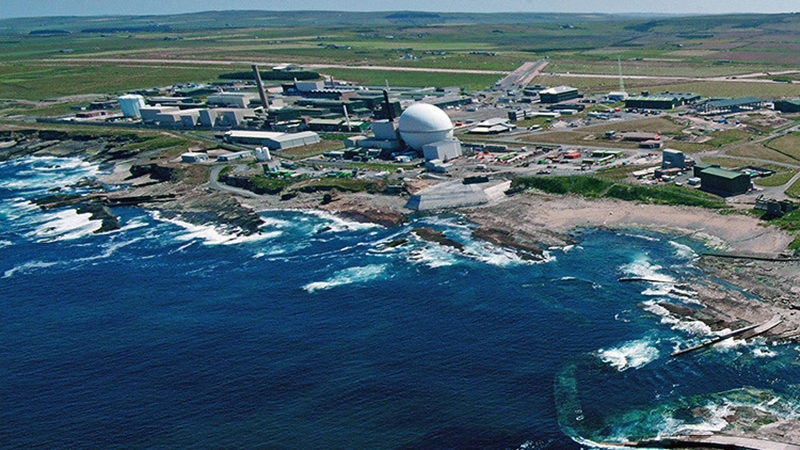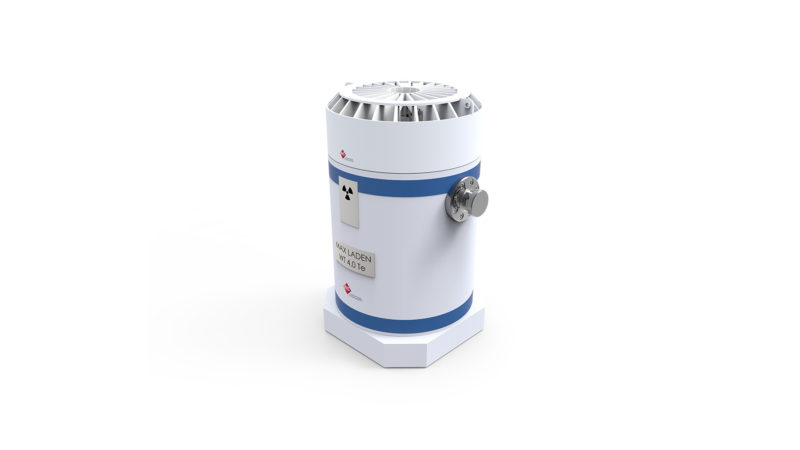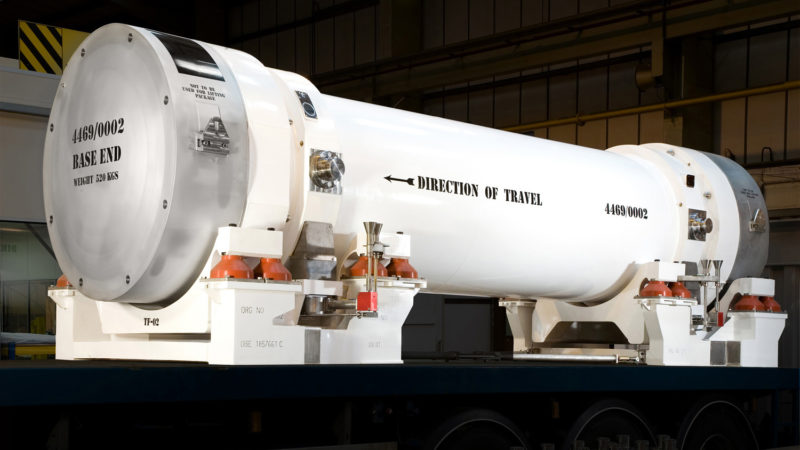Fissile Exceptions – improving nuclear waste transport efficiency

NTS actively encouraged the adaptation of existing IAEA regulations to better support the bulk transport of nuclear materials with a small fissile content – resulting in potential savings that could run into the millions across the nuclear industry.
IAEA regulations for packaging and transporting fissile material, unirradiated fuels and separated materials has historically been focused on front-end fuel cycle movements, and not decommissioning. When applied to decommissioning wastes – often far bulkier and containing a relatively small ratio of fissile content – the result was a hugely inefficient system. Bulk materials either had to be substantially reworked to pinpoint the fissile contamination or had to be split into very small quantities, requiring a great number of transports.
Our licensing experts, who routinely contribute to the IAEA transport safety regulations, played an active role in agreeing new decommissioning-focused regulations that allow for fissile exceptions when the material is contained amid bulk wastes. This has allowed decommissioning wastes, now and in the future, to be packaged and transported in far larger volumes – saving on high packing and processing costs, compared to the previous system.


